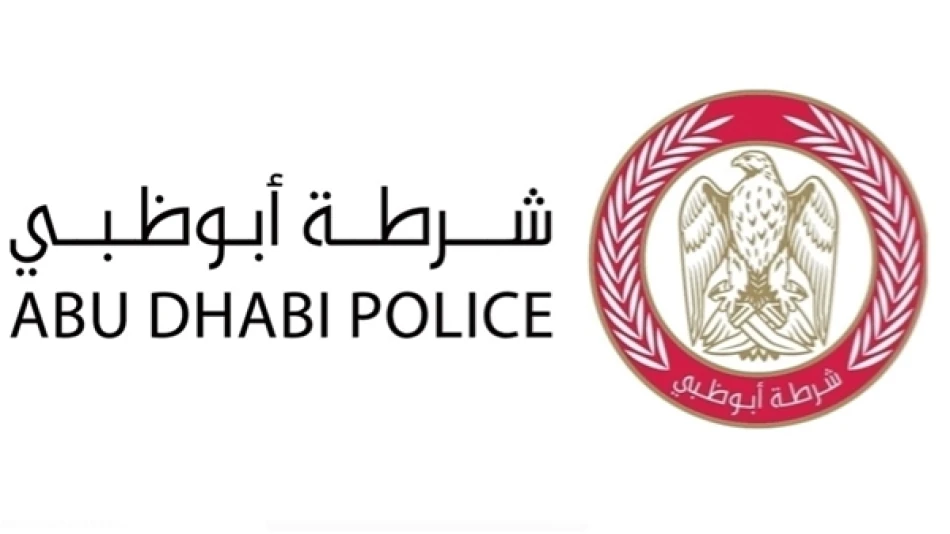
Abu Dhabi Police Activate Speed Reduction System on Abu Dhabi-Al Ain Road for Enhanced Road Safety
Abu Dhabi Police Activates Speed Reduction System on Major Highway, Signaling Enhanced Safety Focus
Abu Dhabi Police has implemented a speed reduction system lowering the limit to 80 km/h on the Abu Dhabi-Al Ain highway, specifically between Al Amra and Al Salamat. The move reflects the UAE's ongoing commitment to road safety enhancement and represents part of broader traffic management modernization efforts across the emirate's key transportation corridors.
Strategic Highway Targeted for Safety Enhancement
The Abu Dhabi-Al Ain highway serves as a critical artery connecting the UAE capital with the eastern region, handling substantial daily traffic volumes from commuters, commercial vehicles, and tourists. The affected section between Al Amra and Al Salamat has historically experienced varying traffic conditions, making it a logical candidate for enhanced speed management systems.
The reduction from typical highway speeds to 80 km/h suggests authorities have identified specific safety concerns or traffic patterns requiring intervention. This targeted approach indicates data-driven decision-making rather than blanket speed reductions across the network.
Technology-Driven Traffic Management Evolution
Smart Infrastructure Implementation
Abu Dhabi's deployment of dynamic speed reduction systems aligns with the emirate's broader smart city initiatives. These systems typically utilize real-time traffic monitoring, weather sensors, and incident detection capabilities to automatically adjust speed limits based on current conditions.
The technology represents a significant advancement from static speed limit signage, allowing authorities to respond immediately to changing road conditions, accidents, or congestion patterns without manual intervention.
Regional Leadership in Traffic Innovation
This implementation positions Abu Dhabi alongside other forward-thinking jurisdictions like Singapore and parts of Europe that have embraced variable speed limit systems. The UAE has consistently invested in transportation technology, from smart traffic lights to AI-powered traffic flow optimization, making this latest development part of a coherent modernization strategy.
Economic and Safety Implications
While reduced speeds may initially concern commuters about longer travel times, research consistently demonstrates that optimized speed management often improves overall traffic flow by reducing accidents and congestion-causing incidents. The economic benefits of fewer accidents—reduced emergency response costs, decreased insurance claims, and improved road availability—typically outweigh minor increases in travel duration.
For logistics companies and commercial operators using this route regularly, the predictable speed limits should enable better delivery time planning and fuel efficiency optimization, as consistent speeds often prove more economical than variable high-speed driving with frequent stops.
Broader Traffic Safety Context
The UAE has made significant strides in road safety over the past decade, with fatality rates declining substantially through combination of infrastructure improvements, enhanced enforcement, and public awareness campaigns. This speed reduction system represents the latest evolution in that ongoing effort.
The timing also coincides with increased focus on Vision Zero initiatives globally, where transportation authorities aim to eliminate serious traffic injuries and deaths entirely. Abu Dhabi's systematic approach to identifying and addressing specific highway segments demonstrates commitment to this ambitious but increasingly achievable goal.
Most Viewed News

 Layla Al Mansoori
Layla Al Mansoori






